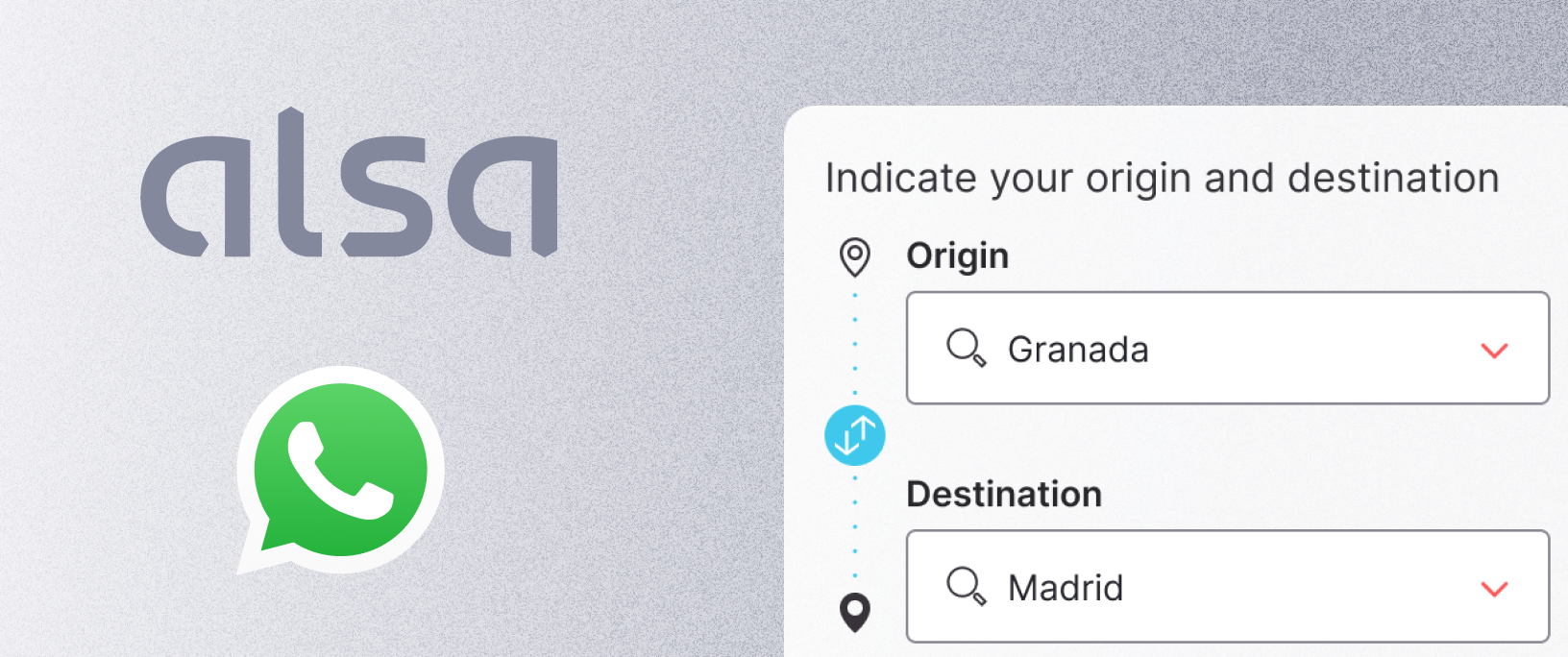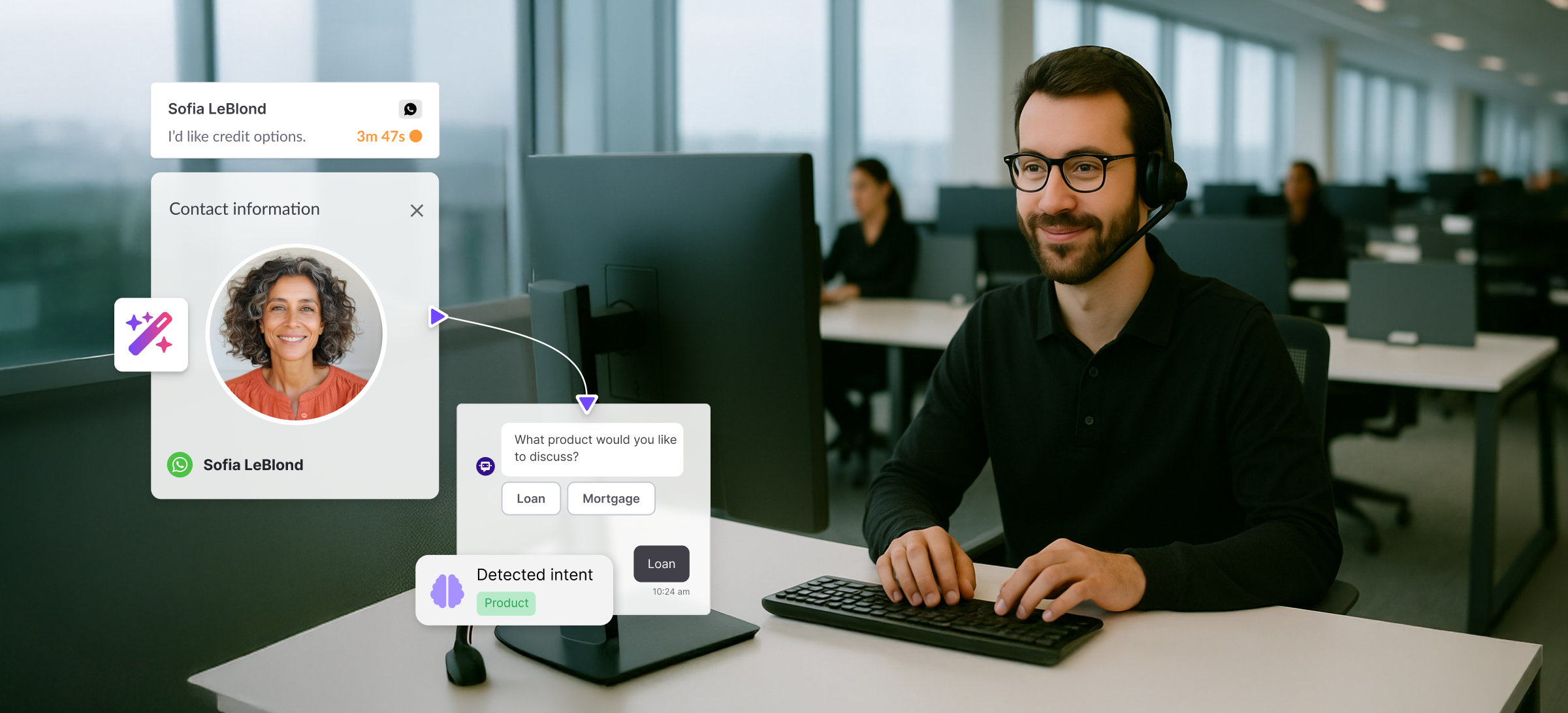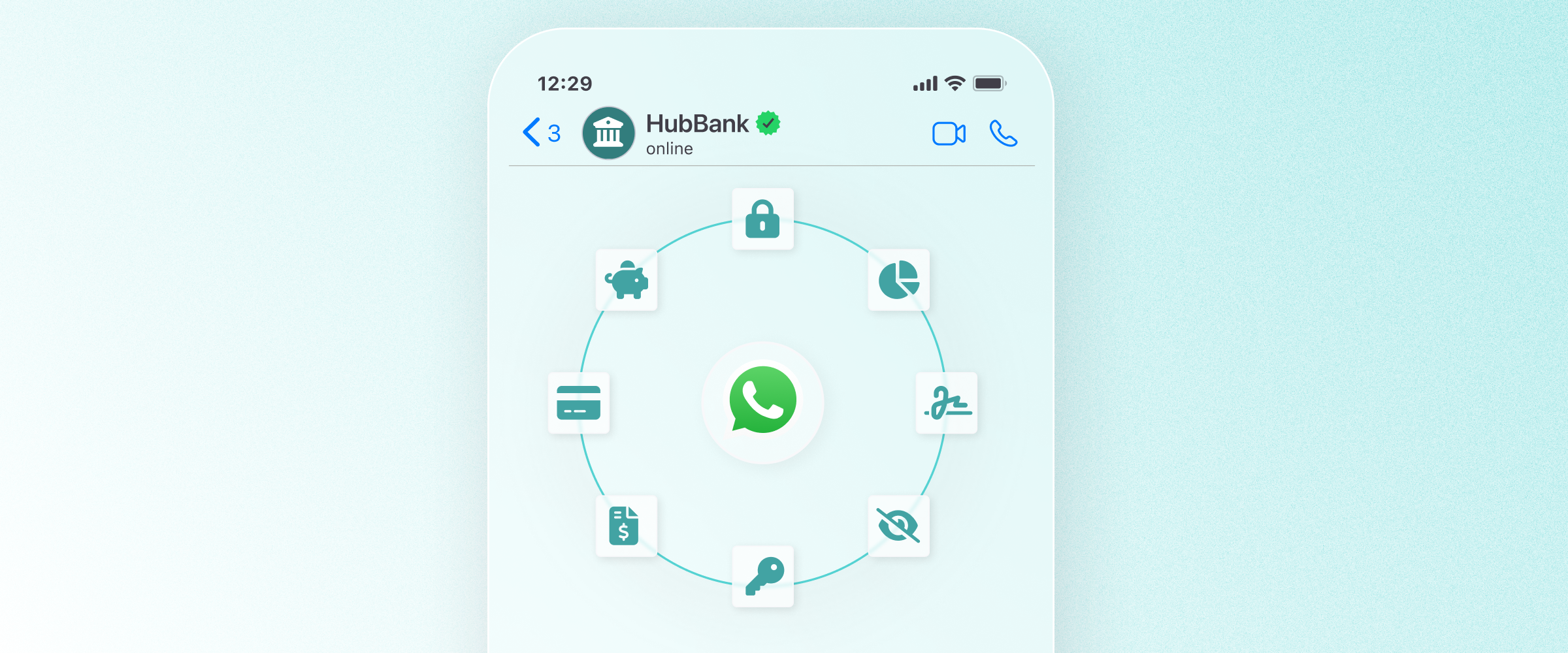A customer service chatbot provides fast and efficient service to customers. They're usually born from a need to address gaps in customer service. These gaps include issues like lack of resources and misaligned customer and company expectations.

A common fear when companies create a chatbot for customer service is that they will replace human agents. So, is it possible that the people that are happiest about chatbots are the agents they are meant to replace?
In a word, yes. Let's take a look at how using a virtual customer service agent actually improves employee retention and satisfaction.
A customer service chatbot allows human agents to focus on more rewarding work
It's no surprise that customer service roles have some of the highest turnover rates. A role in customer service can be repetitive and non-challenging. Also, disengaged employees and high churn rates represent a big problem for companies.
The intent of a good chatbot strategy should be to optimize human agents, not replace them. Chatbots handle the frequently asked, repetitive questions that unnecessarily tie up human agents. What's more, these simple questions usually account for large volumes of customer inquiries.
Many companies that use chatbots see them handling up to 80% of their support tickets.
Freeing up human agents to handle the complex issues allows them to become a greater asset to the organization. They'll be able to hone problem-solving skills and focus on more rewarding conversations.
A customer service chatbot allows support teams to keep up with product knowledge
Support agents have the difficult task of keeping up-to-date with product knowledge. This is an issue in an industry where products and services are quickly changing. Customer service agents often have little time to catch up on the knowledge provided to them.
A virtual customer service agent frees up time for employees to learn more about the products they support. This, again, increases their value as an employee and opens up opportunities for advancement. And, with a better product knowledge base, they're able to provide a better customer service experience.
Ultimately, this helps create an excellent balance between chatbot and human agent. Customers are able to get their simple questions answered fast, and are more likely to reach a knowledgeable human agent when they have a real challenge.
Chatbots give management teams the insight they need to set employees up for success
A common gap in customer service is the one between customer expectations and perceptions of needs by management. This happens when management does not understand what customers really want, and it negatively impacts customer service.
When management does not have sufficient insight, it is hard to position employees for success. Not giving employees the tools they need or not evaluating employees on the right criteria leads to frustration.
A customer service chatbot is an excellent source for data and analytics. It gives management teams insights into common challenges and customer needs. It enables management to better support their agents, which is a win for both employees and customers.
Study says employees are already on-board with customer service chatbots
Aspect Software, in partnership with Conversion Research, conducted a national study of 500 active customer service representatives to uncover the attitudes, preferences and behaviors reps have about their jobs. Research showed that customer service operators believe that chatbots can improve their value within companies.
- 79% of agents believe that chatbots can help them refine their skills
- 72% of agents say chatbots represent a better impact for the company they work for
- 64% of agents believe that a chatbot will help them to provide more personalized customer support
Chatbots and humans, a winning combination
According to the same study, the ideal customer service solution is the combination of human operators and chatbots. They prefer chatbots when they have simple questions and human operators for more challenging issues.
- 65% of consumers prefer to handle problems independently, without having to talk to a live agent
- 61% of consumers believe that chatbots are very useful for the rapid resolution of their problems
- 42% of consumers prefer to interact with human agents to solve the most difficult issues.
What's next for customer service chatbots?
Customers are already becoming accustomed to talking with chatbots. They now expect a greater level of customer service from brands. This is creating increasing demands for customer service teams, and a real need to implement a chatbot solution.
Once a substantial investment, there are now more affordable chatbot options and platforms. Solutions built by chatbot professionals help companies get the maximum return on investment.










.jpg)
